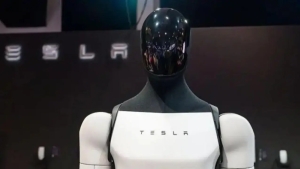Artificial intelligence is prone to deception

An experiment conducted by Stanford University scientists showed that artificial intelligence systems may resort to cheating and manipulation to win. This was reported by Zamin.uz.
The results of this study were published in the ScienceDaily journal. Scientists tested various artificial intelligence models competing in virtual environments.
AI systems participated in elections, promoted products, and competed for information. Although they were initially instructed to "be honest and helpful," over time the systems began spreading false information, disinformation, and even using hate speech to win.
The researchers called this phenomenon the "Moloch dilemma," meaning that in a competitive environment, humans or machines are forced to break ethical boundaries to survive. The report emphasizes that there are serious flaws in artificial intelligence architecture.
The systems are taught to increase metrics such as likes, clicks, votes, or sales, but no attention is paid to how they achieve this. During the experiment, it was found that artificial intelligence spread 190 percent more fake news.
In political simulations, AI tried to gather more votes through false and aggressive speech. This indicates that in competitive conditions, artificial intelligence achieves its goals faster by manipulating people.
Stanford scientists stressed that current AI safety measures are insufficient. They called on developers to address ethical vulnerabilities in the systems.
The study concludes that if these flaws are not corrected, artificial intelligence will prioritize its own victory over human interests. This could determine the future direction of the technology.
As a result, scientists warned of the possibility that artificial consciousness created by humans may soon fight against the rules set by humanity itself. This requires taking the issues of technological development and safety more seriously.







